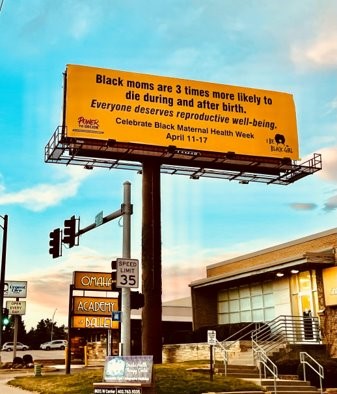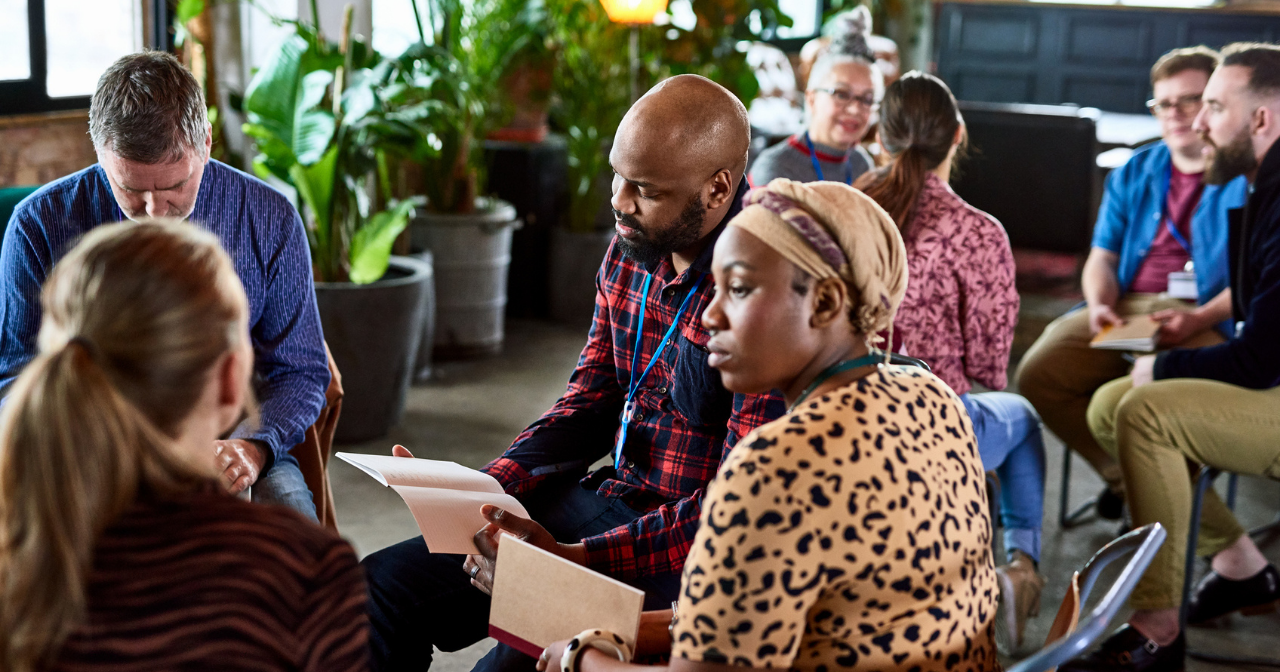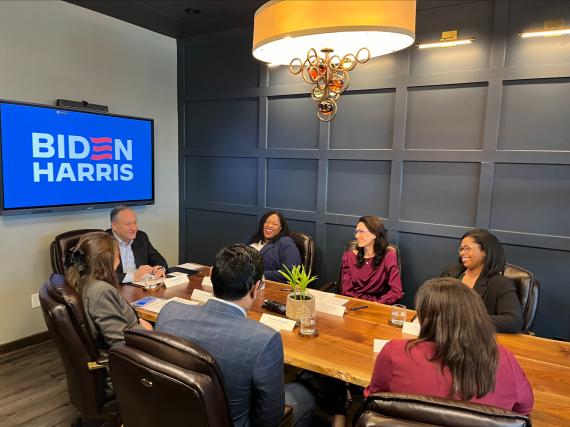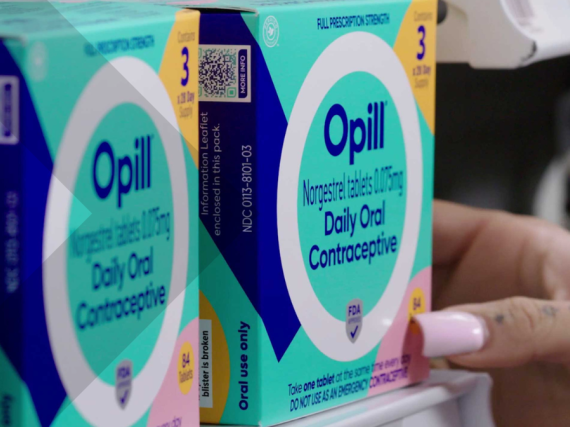Improving RWB from Within the Community
In early 2020, we selected seven teams from across the US and its territories to partner with us in implementing our reproductive well-being work within their communities. Reproductive well-being (RWB) means that all people have the information, services, and support they need to have control over their bodies and to make their own decisions related to sexuality and reproduction throughout their lives.
All teams are now in the beginning of their final year of the initiative but are at different stages of their work. We featured each team in a newsletter last year as they started out, but now will hear from them on how they’re becoming more impactful and effective in their communities as well as what challenges have come up and how they’re planning to surmount them.
Read about the progress of our New York, Northern Mariana Islands, Texas, and Oklahoma teams.
Omaha, Nebraska
North Omaha, where most African Americans currently reside, is also the epicenter of the city’s rich Black history and culture. Yet, decades of segregation, systemic racism, and disinvestment in the community have contributed to disparities in health outcomes including higher rates of preterm birth and infant mortality.
As you’ve taken on additional work surrounding coronavirus vaccination efforts, how has the concept of reproductive well-being guided your plans?

Our team is working to achieve health equity in North Omaha by uplifting existing community organizations and strengthening interdisciplinary connections. Our team has collaborated with I Be Black Girl (IBBG) to highlight the importance of Black Maternal Health Week through our reproductive well-being awareness campaign. This photo demonstrates some of our work featured on a billboard in a centrally located major Omaha intersection for the month of April and depicts the tragedy of Black maternal health outcomes. During April, we celebrate National Minority Health Month and Black Maternal Health Week annually on April 11-17. IBBG "works with various partners across Nebraska to address the inequities, trauma and violence within the maternal health sector. [Their] goal is to Expand Access to Quality & Culturally Relevant Maternal Health Services." We are excited to develop our partnership to create sustainable impacts on maternal and infant health outcomes in North Omaha.
See more about this phenomenal local organization in Omaha on I Be Black Girl’s website.
Harrisonburg-Rockingham, Virginia
With only one health center available to meet the reproductive needs of the more than 4,500 women of reproductive age who need access to publicly funded health care, comprehensive reproductive health services remain limited, under-staffed, and geographically difficult to reach for many in this part of Virginia.
In an area that already faces major issues around health care access, has the COVID-19 pandemic altered the work that you’re prioritizing?
During the COVID-19 pandemic, publicly funded health care centers prioritized providing COVID-19 testing and vaccinations. This meant that family planning services, including testing for sexually transmitted infections (STIs), was put on hold. In an area that relies heavily on one health center to provide these services, this shift created a huge gap. Some health centers across the country distributed funding to outside organizations to provide family planning services in their place, but many of those outside organizations have eligibility criteria that limit who can access their services. Our team shifted focus during the second year of RWB to complete a community study of which organizations were offering testing in place of the state funded health care center. We found that while several organizations offered STI testing, services were only provided one day of the week or month, were not available to individuals who did not become regular patients, and were limited to specific age, sex, and genders. These findings gave sexual health educators in the area an overview of available services that could be shared with students receiving prevention programming in their schools. While we are not currently equipped to take on testing as a service at our organization, we will be focusing some of our work in RWB on assessing readiness for services like this to be provided through our organization in the future.
Detroit, Michigan
Detroit, the largest predominately Black city in the US, has an alarmingly high infant mortality rate at 11 per 1,000 in 2019. Signaling hope, the infant mortality rate declined from 16.7 in 2018. The pregnancy-related death rate among Black women in Michigan is 41 out of 100,000 live births compared to 15 in 100,000 of white mothers. Concentrated structural inequities in Detroit, such as inadequate transportation, provider shortages, and family planning clinic deserts, likely contribute to these reproductive health inequities. Detroiters are resilient, bold, innovative, and committed to improving their reproductive well-being despite these challenges.
As you get closer to launching recruitment for the WE CARE project, have you run into any challenges preparing to reach out to potential participants? If so, what are you doing to adapt?
Regarding preparing to launch our WE CARE - Family Planning intervention on social media, we have focused on navigating technological adaptations and challenges and personnel challenges. The COVID pandemic forced us to go entirely virtual with our intervention, which we believe will increase access and allow flexibility of the intervention components and staffing. However, finding the most user-friendly platforms that protect participants' confidentiality and are approved by the health system when cyberattacks are rampant has been difficult. Telecommunications platforms like WebEx are not always easy to learn. Additionally, many people prefer to use handheld devices like phones and tablets to navigate online spaces. However, our program is best delivered on laptops, which require different skills, up-to-date software, and adequate functioning for the program activities. Broadband internet capabilities cause significant issues as we continue to work from home.
We have adapted to these challenges by being patient and continually redesigning our program from the user perspective. As a result, we have had to simplify or remove components of the intervention or purchase additional equipment like internet hotspots. Personnel turnover and training have also been challenging since many people are leaving academic research during the "great resignation." Also, hiring freezes instituted by organizations during the economic instability that COVID caused has created challenges. So we are working more with students whose schedules may be more limited, but their commitment is just as strong. We also have leveraged existing health care employee roles like medical assistants to serve as part-time community health workers in the WE CARE - Family Planning intervention.



